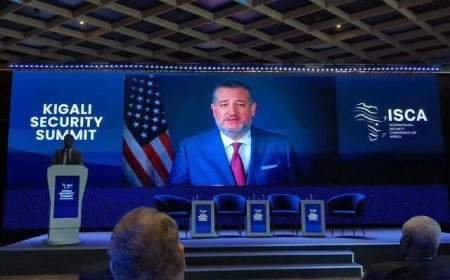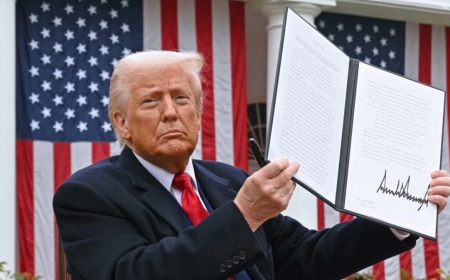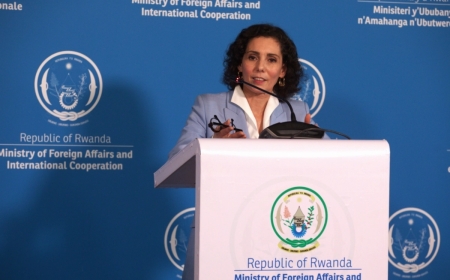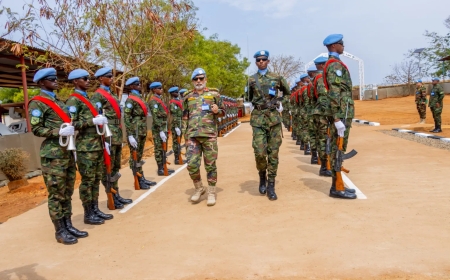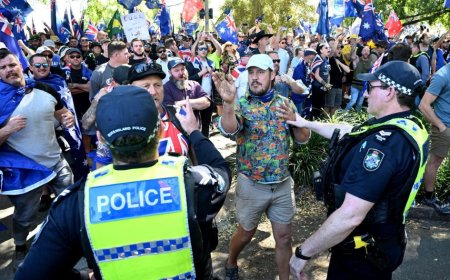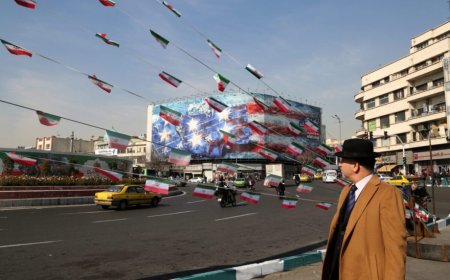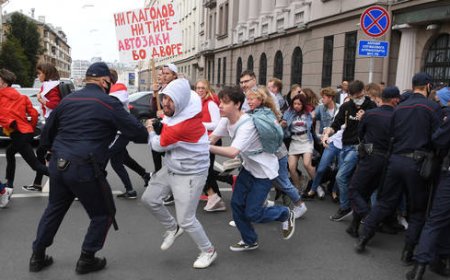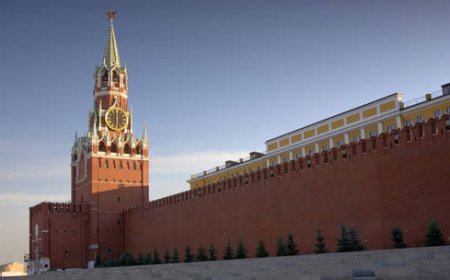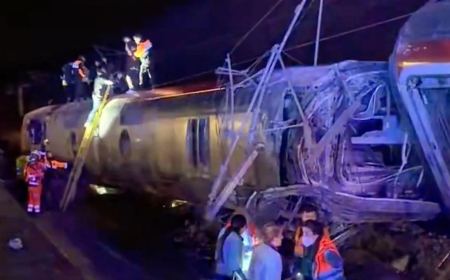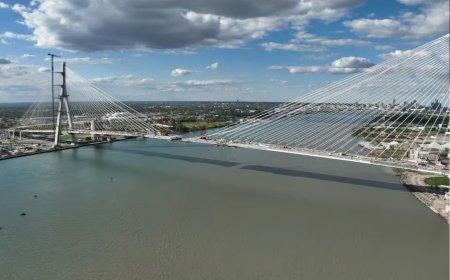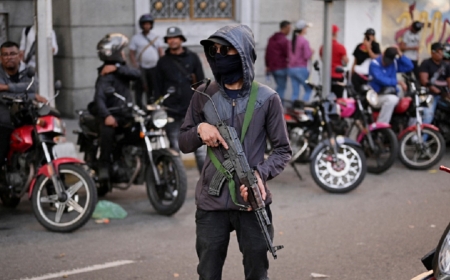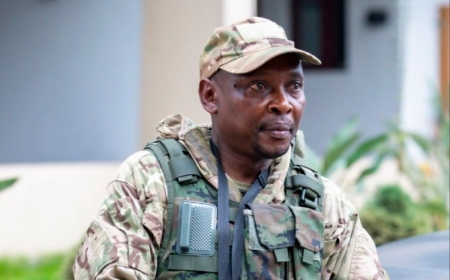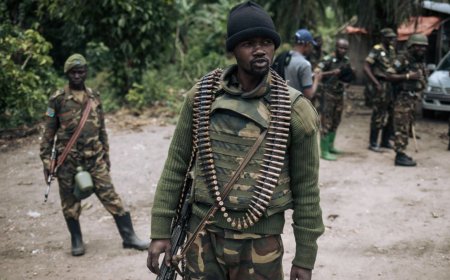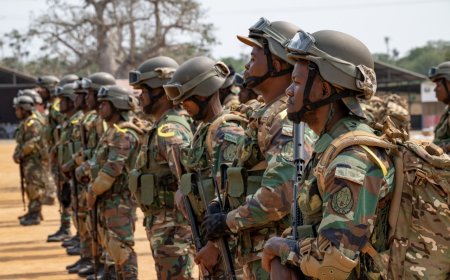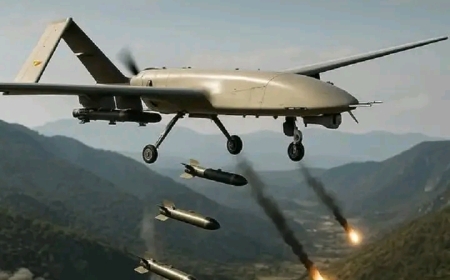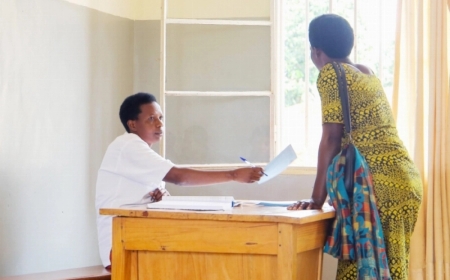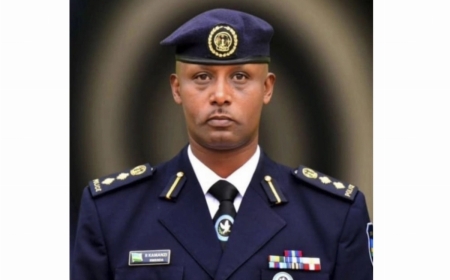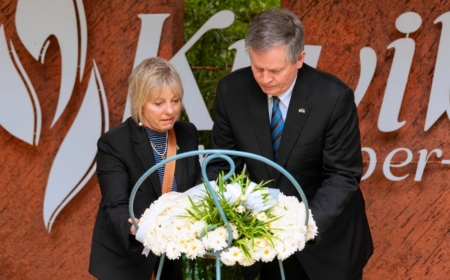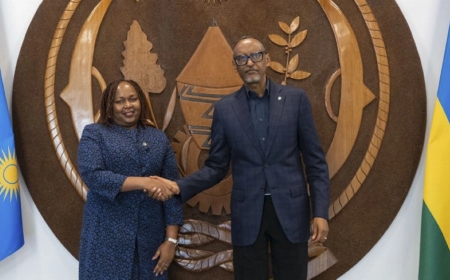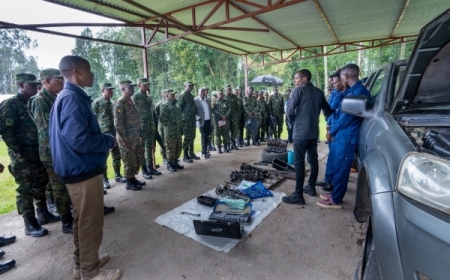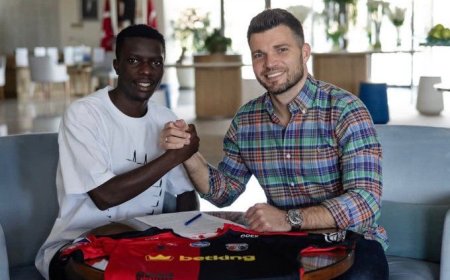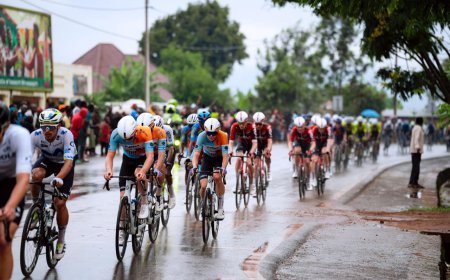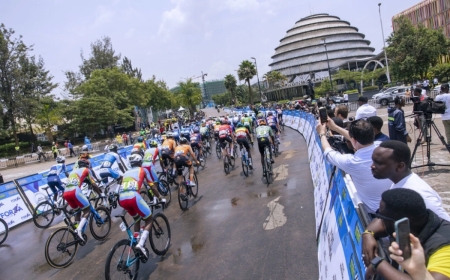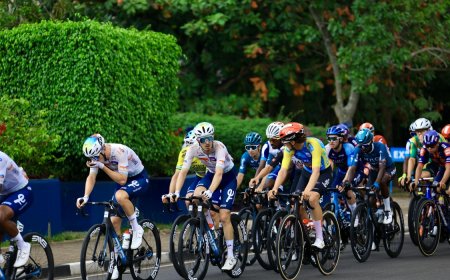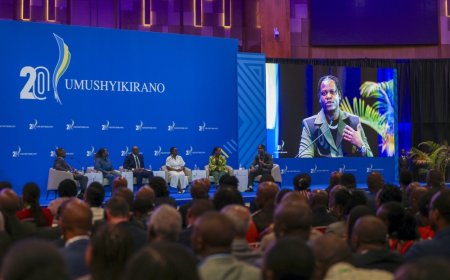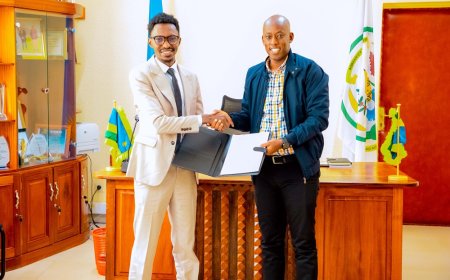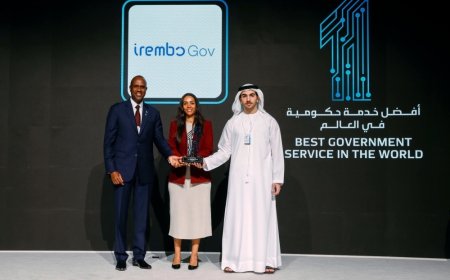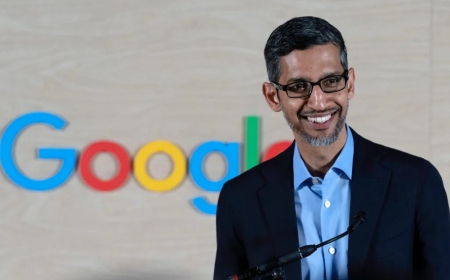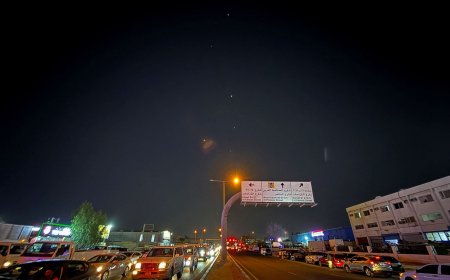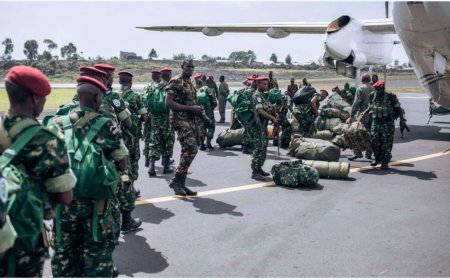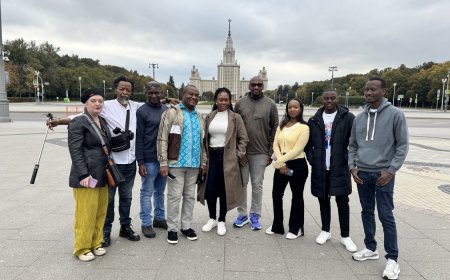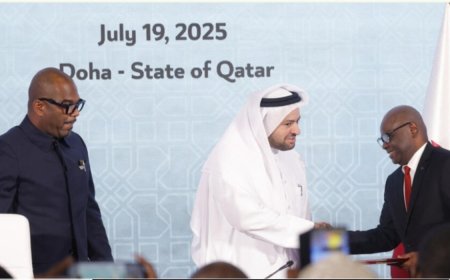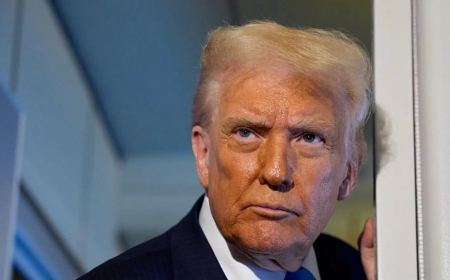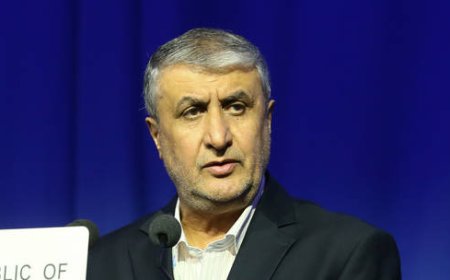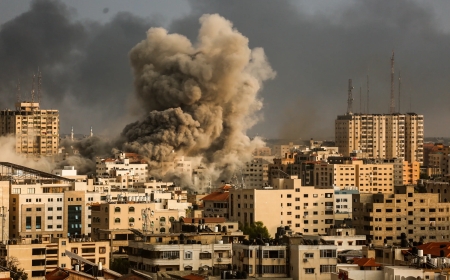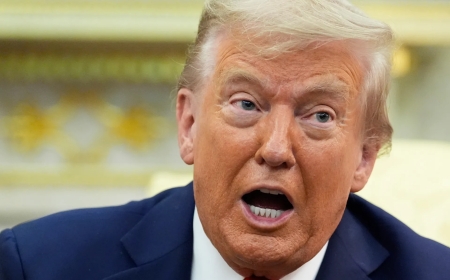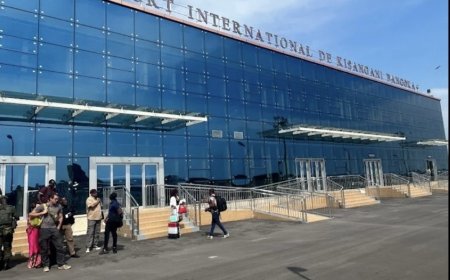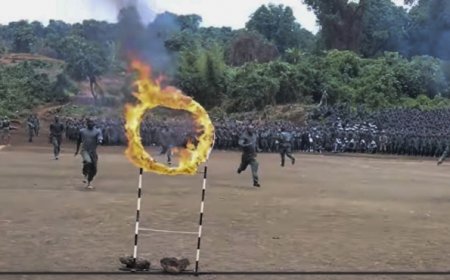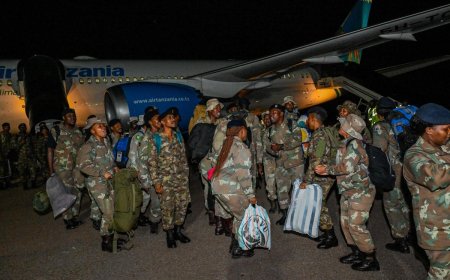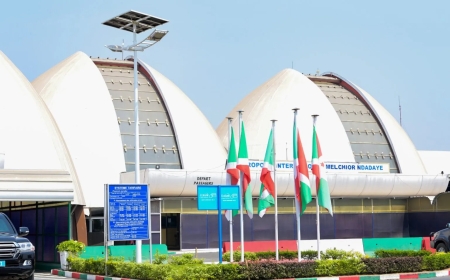Former Congolese minister condemns genocidal threats against Banyamulenge in South Kivu

Congolese politician and former planning minister Olivier Kamitatu has condemned Wazalendo militia’s threats to exterminate the Banyamulenge and other Congolese Tutsi communities in Uvira, South Kivu Province. Wazalendo are a coalition of Congolese militias supported by Kinshasa.
Uvira, situated along Lake Tanganyika approximately 25 kilometres from Bujumbura, Burundi, is South Kivu's second-largest city after Bukavu which was captured by AFC/M23 rebels in February. In a post on X on September 13, Kamitatu called for a stronger fight against ethnic ideology, warning that it threatens peace in eastern DR Congo.
Kamitatu, who previously served as the president of the Transitional National Assembly and later as planning minister, from 2007 to 2011 and again from 2014 to 2015, denounced a viral audio recording, reportedly from Wazalendo militias, announcing a “No Tutsi in Uvira” campaign.
The message, which gave all the Congolese Tutsi, particularly the Banyamulenge, 10 days to leave South Kivu, went viral on September 10, sparking growing calls for their protection.
The Banyamulenge community has faced decades of persecution by the Congolese government and various allied forces. Lately, the community faces more threats from Kinshasa’s allies including Rwandan genocidal militia known as FDLR, foreign mercenaries, and Burundian troops.
The AFC/M23 rebel movement has condemned what it described as the “barbaric slaughtering and systematic massacres” of innocent civilians carried out by DR Congo army and its allies in the country's eastern region.
In a statement released on September 11, the movement’s spokesperson, Lawrence Kanyuka, accused the Congolese army (FARDC) and its allies, including FDLR, the so-called Wazalendo, foreign mercenaries, and Burundian forces of conducting coordinated attacks targeting civilian populations.
“This climate of hatred should not be taken lightly; the spectre of genocide, a nightmare already experienced in the region, looms again if nothing is done,” Kamitatu said.
“The scandalous ultimatums of certain Wazalendo warlords, calling for the exclusion of the Tutsi, reveal an unacceptable ideology of hatred which compromises any hope of peace in the east. These speeches, encouraged by actors within the authorities, fuel the cycle of violence and prepare the ground for new massacres.”
Kamitatu stressed that people who fuel ethnic hatred must be held accountable.
“History will judge their choices,” he added.
The former minister said “this should serve as a wake-up call” for all defenders of justice, peace and equality. The future of DR Congo, he said, based on coexistence and mutual respect, is at stake.
“Collective awareness and immediate action are necessary to protect the dignity of every Congolese, regardless of their ethnic origin.”
According to Kamitatu, it is now imperative to understand that no solution to the Congolese crisis will be valid without an inclusive dialogue.
Bernard Maingain, a Belgian lawyer and human rights activist, who has in the past shed light on why a dangerous genocide ideology has not dissolved with time after the flight and dispersion of the masterminds of the 1994 Genocide against the Tutsi in Rwanda, also raised alarm in a video posted on X on September 14.
“We hear diplomats making fun of diplomatic analysis, expertise of all kinds, and they no longer even look at human reality as it is experienced on the ground,” Maingain said.
“It is time to wake up, and I think that the people who distributed weapons to FDLR, the Wazalendo, the people who cover up such tragic situations with their soothing speeches of false experts or false peace specialists... I hope that one day, they will report at the judicial level. Whatever their position and whatever their post, we must at least secure these populations.”
Maingain criticized the UN for overlooking atrocities in eastern DR Congo while attributing all insecurity to the AFC/M23 rebellion.
“In Geneva, Bintou Keita [head of the UN mission in DR Congo] did not express her concerns about the abuses of her militias and the complicity of the Congolese army... She will say that she did not know. If we do not do this, there is a real, real situation of major responsibility in the face of history and in the face of every man and woman who is losing their life in this region.”
